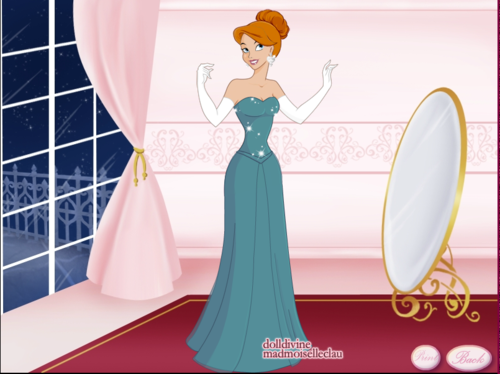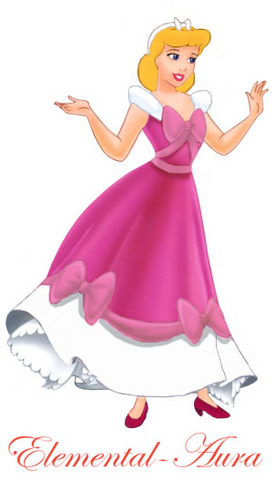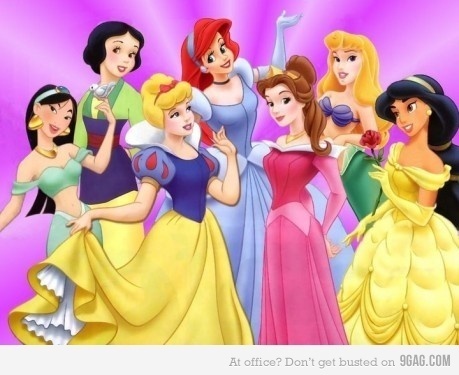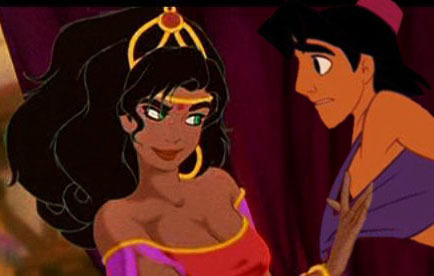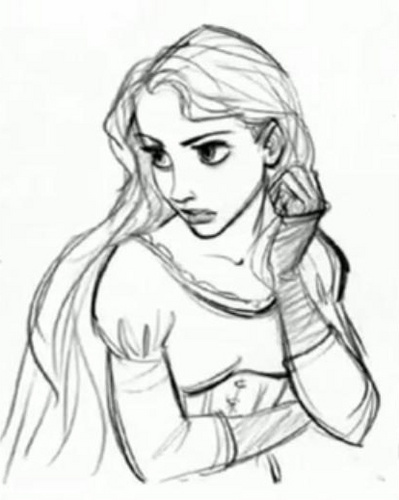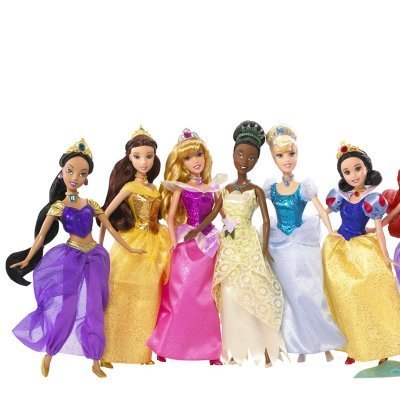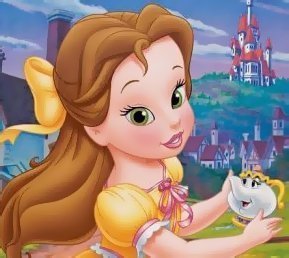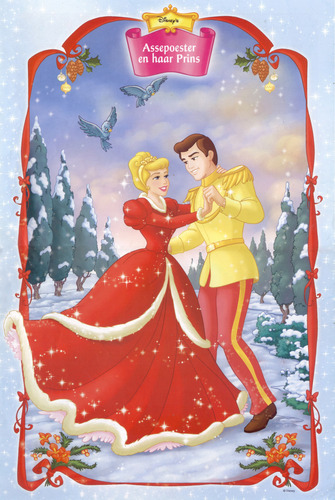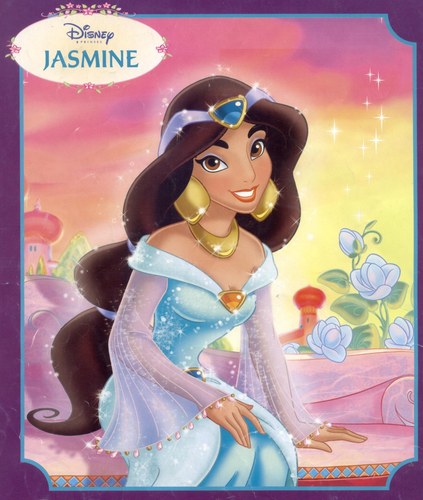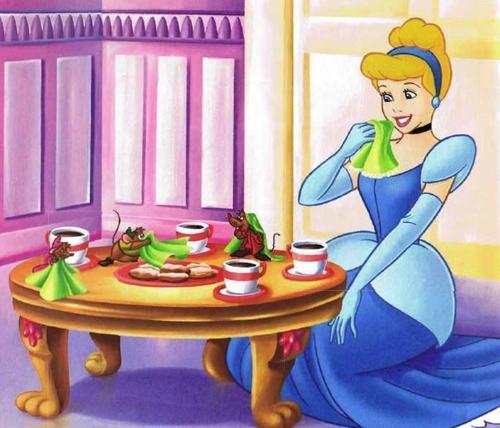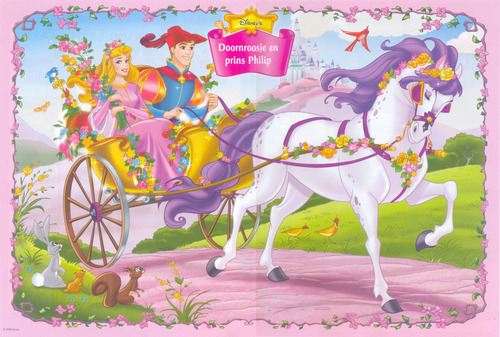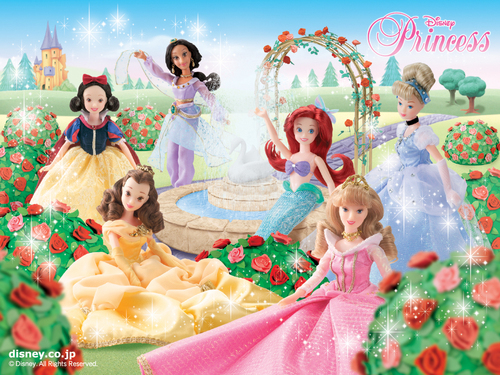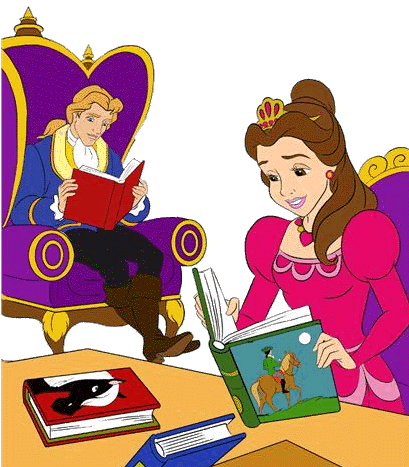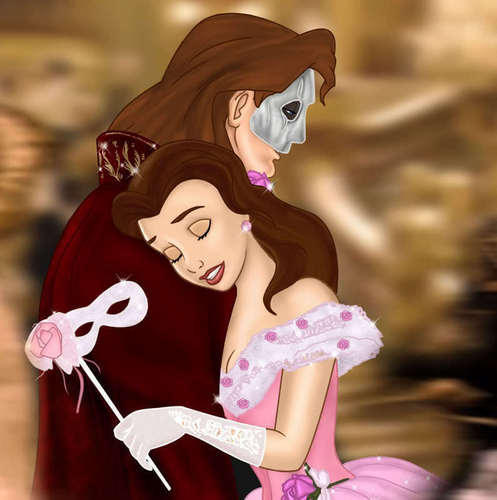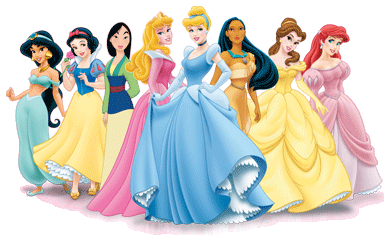So...I begin this by saying that I am an adult fan of Ariel. Impacted by The Little Mermaid from the age of 9, I am an adult collector, and I currently have Ariel ALL OVER my adult bedroom.
I commend author Liz Braswell on her "nods" to the elements found in the original 1989 film that is known world over. Some passages of the book she has written made sense to me, while other parts did not. *Eric getting a tattoo was not one of my stand-out favorite moments, and it jarred with all of the proceeding characterization given to him by the author*
I suppose, for those who didn't love Ariel's original personality--- her impulsiveness, wit, and curiosity--- "seeing Ariel now 'reigned in' by ponderous adult responsibilities" provides a dimension that they'll appreciate more. Ariel spends most of the entirety of this book "as Queen of Atlantica." There. No more spoilers. I, whose childhood was erected in much the same repressed household that Ariel's character "sprouted from," doesn't feel like "more was added to the character of Ariel" by having the mermaid "stripped of her dreams"--- and "saddled with guilt." This book focuses heavily on an Ariel who "is riddled with guilt for having wanted to be a human." Reading it, makes me wonder how this Ariel is really the same as the one in the 1989 film? If the 1989 film was about a strict parent (Triton) "relaxing his stranglehold on young adulthood," then this book really is about "a psychologically damaged adult mermaid" trying to "rectify problems that she did not, herself, create, but was merely 'a pawn' in, in the first place."
I don't understand the need for feminist trappings in this book, but like every Disney movie or Disney book these days, here the feminism is sprinkled heavily in as a confectionery treat--- meant "to liven up the contents of whatever was already sweet” and "make it palatable for the newest consumers." Ariel was already a feminist character in 1989. Here in 2021, some 36 years later, she still causes a stir. There is no real need for "more feminist flourishes" on her character. Within this book, there is some lingering purulent odor, almost catering to the exact audience who has all these years "wished for Ariel to be punished" because she dared to leave the nest, and didn't want to be a mermaid in the first place.
Funnily enough, this version of Ariel LOVES her duality, and she prefers being a mermaid OVER being a human for much of the book. Talk about a 180 degree flip in identity issues. I found myself wondering how Howard Ashman would take all of this…
That being said, most of the nearly 500 pages of this book consist of very melancholy proceedings, not much helped by the villain's presence. As to Ursula's "goings on," this occurs only midway through the book. We only grasp how much of "a real presence and villainous" Ursula is, during the last third of the book. ( I suppose, I wish Disney had clued Liz Braswell in on the "true reason Ursula got exiled by Triton"--- which would have made for a far better story overall--- hence, why I picked this book up in the first place! But alas. No true reason is revealed for why Ursula originally got ostracized. Bdumptsss).
Braswell is good at moving the audience to pity over the plight of Ariel's "lost voice, her lost father, and her lost future with Eric." Braswell also is good at moving us to pity over the loss of Eric's "awareness" and "his agency." This premise of this book is that Eric "was stripped of his agency" just as Ariel "was stripped of her voice." This made for rather funereal proceedings as it were.
I am not exactly thrilled after reading this book, and neither am I totally disappointed. The "whiff" I got, along with Max, was that "nothing really new could happen for Atlantica or Eric's Kingdom even if Ursula won the game of dupes, and ruled over all." This was a let-down for me, because honestly, I was looking for why Ursula became so hell bent on revenge in situ.
Should you read this book as an Ursula fan? As an Ariel fan? As a fan of neither one? Sure! It won't hurt to read it. But would I recommend this as something that should find a major place on your bookshelf at home? Nope. I think it's an "okay riff" on the musical piece that already exists. This entry into the plethora of The Little Mermaid books neither improves nor diminishes the original characters, and it certainly doesn't improve on the original context and plot. I became frustrated that the care-free aspect was very much annihilated. The original feel of Ariel being synonymous with "fun" and "exploration" was lost to me, until the very last pages.
I commend author Liz Braswell on her "nods" to the elements found in the original 1989 film that is known world over. Some passages of the book she has written made sense to me, while other parts did not. *Eric getting a tattoo was not one of my stand-out favorite moments, and it jarred with all of the proceeding characterization given to him by the author*
I suppose, for those who didn't love Ariel's original personality--- her impulsiveness, wit, and curiosity--- "seeing Ariel now 'reigned in' by ponderous adult responsibilities" provides a dimension that they'll appreciate more. Ariel spends most of the entirety of this book "as Queen of Atlantica." There. No more spoilers. I, whose childhood was erected in much the same repressed household that Ariel's character "sprouted from," doesn't feel like "more was added to the character of Ariel" by having the mermaid "stripped of her dreams"--- and "saddled with guilt." This book focuses heavily on an Ariel who "is riddled with guilt for having wanted to be a human." Reading it, makes me wonder how this Ariel is really the same as the one in the 1989 film? If the 1989 film was about a strict parent (Triton) "relaxing his stranglehold on young adulthood," then this book really is about "a psychologically damaged adult mermaid" trying to "rectify problems that she did not, herself, create, but was merely 'a pawn' in, in the first place."
I don't understand the need for feminist trappings in this book, but like every Disney movie or Disney book these days, here the feminism is sprinkled heavily in as a confectionery treat--- meant "to liven up the contents of whatever was already sweet” and "make it palatable for the newest consumers." Ariel was already a feminist character in 1989. Here in 2021, some 36 years later, she still causes a stir. There is no real need for "more feminist flourishes" on her character. Within this book, there is some lingering purulent odor, almost catering to the exact audience who has all these years "wished for Ariel to be punished" because she dared to leave the nest, and didn't want to be a mermaid in the first place.
Funnily enough, this version of Ariel LOVES her duality, and she prefers being a mermaid OVER being a human for much of the book. Talk about a 180 degree flip in identity issues. I found myself wondering how Howard Ashman would take all of this…
That being said, most of the nearly 500 pages of this book consist of very melancholy proceedings, not much helped by the villain's presence. As to Ursula's "goings on," this occurs only midway through the book. We only grasp how much of "a real presence and villainous" Ursula is, during the last third of the book. ( I suppose, I wish Disney had clued Liz Braswell in on the "true reason Ursula got exiled by Triton"--- which would have made for a far better story overall--- hence, why I picked this book up in the first place! But alas. No true reason is revealed for why Ursula originally got ostracized. Bdumptsss).
Braswell is good at moving the audience to pity over the plight of Ariel's "lost voice, her lost father, and her lost future with Eric." Braswell also is good at moving us to pity over the loss of Eric's "awareness" and "his agency." This premise of this book is that Eric "was stripped of his agency" just as Ariel "was stripped of her voice." This made for rather funereal proceedings as it were.
I am not exactly thrilled after reading this book, and neither am I totally disappointed. The "whiff" I got, along with Max, was that "nothing really new could happen for Atlantica or Eric's Kingdom even if Ursula won the game of dupes, and ruled over all." This was a let-down for me, because honestly, I was looking for why Ursula became so hell bent on revenge in situ.
Should you read this book as an Ursula fan? As an Ariel fan? As a fan of neither one? Sure! It won't hurt to read it. But would I recommend this as something that should find a major place on your bookshelf at home? Nope. I think it's an "okay riff" on the musical piece that already exists. This entry into the plethora of The Little Mermaid books neither improves nor diminishes the original characters, and it certainly doesn't improve on the original context and plot. I became frustrated that the care-free aspect was very much annihilated. The original feel of Ariel being synonymous with "fun" and "exploration" was lost to me, until the very last pages.


